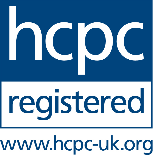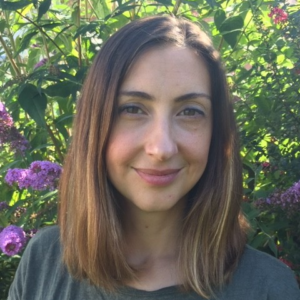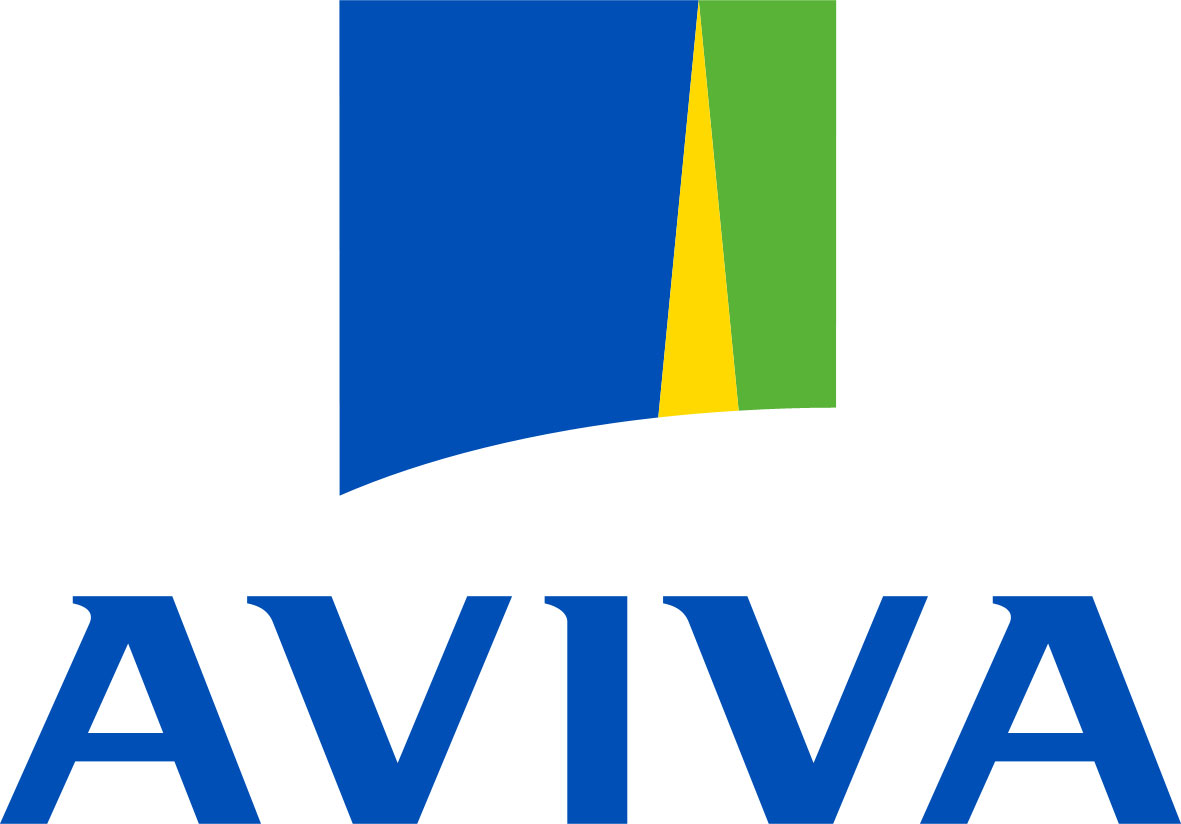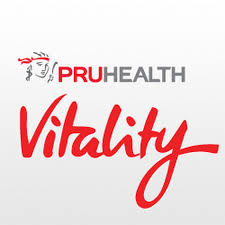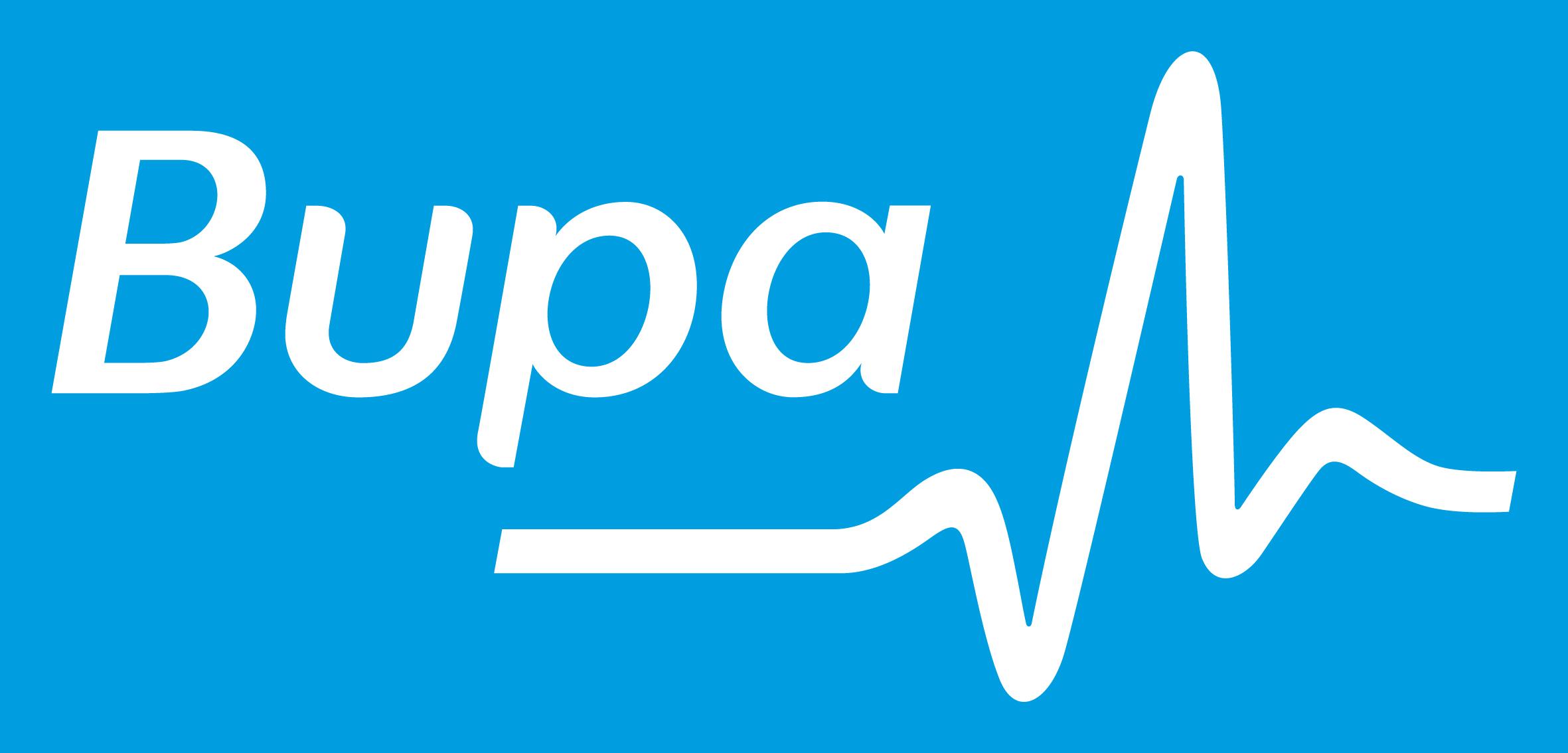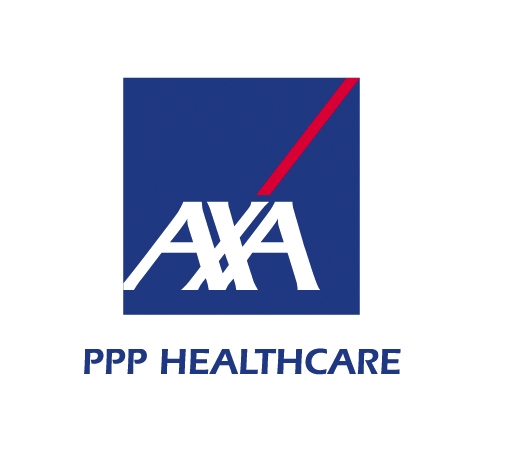*1 in 5 children and young people (aged 8-25 years) had a mental health problem in 2023
We provide therapy for secondary school aged children and young people who are experiencing emotional and behavioural difficulties. We specialise in all types of anxiety problems such as OCD, panic, social anxiety, generalised anxiety, phobias, hair-pulling and exam stress. We also work with young people experiencing low mood, depression, low self-esteem, anger, self-harm and relationships difficulties.
The first appointment is an assessment session, offering an opportunity for you and your child to discuss the difficulties they are facing. It’s also a chance for you to ask any questions and get a sense of whether you and your child feel comfortable with the therapist. At the end of the assessment we will explain how we work, what to expect from therapy and the types of therapy that may be most suitable.
Depending on your child’s age, it may be more helpful to have this initial appointment without them present. We will decide this with you when arranging the assessment.
We offer a range of evidence-based approaches that are known to be effective for young people and will tailor these to your child’s individual needs.
CBT & Third Wave Approaches
Cognitive Behavioural Therapy (CBT) for children and adolescents is a structured, evidence-based approach that helps young people manage emotional and behavioural difficulties by identifying and changing negative thought patterns. Through CBT, children learn practical strategies to cope with anxiety, depression, and other challenges, empowering them to build resilience and improve their overall well-being.
Exposure and Response Prevention (ERP) is a form of CBT that helps children and adolescents face their fears and reduce anxiety by gradually confronting anxiety triggers, helping them break avoidance habits.
Third-Wave Cognitive Behavioural Therapies, such as Acceptance and Commitment Therapy (ACT), Compassion-Focused Therapy (CFT), and Mindfulness, focus on helping adolescents and young people build a healthier relationship with their thoughts and emotions. They encourage accepting difficult feelings without getting caught up in them, reducing rumination, promoting self-compassion, and improving stress management and emotional regulation. These approaches help young people build their emotional resilience and navigate life’s challenges with greater confidence.
*(2023 NatCen, Children and Young People’s mental health in 2023)
